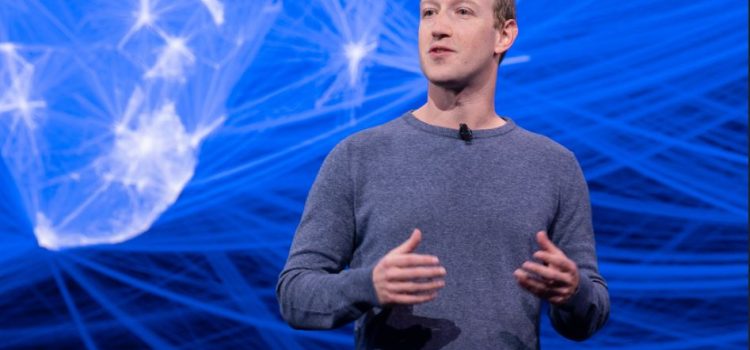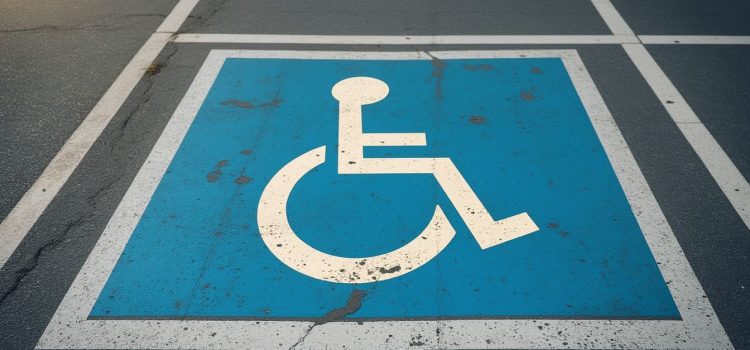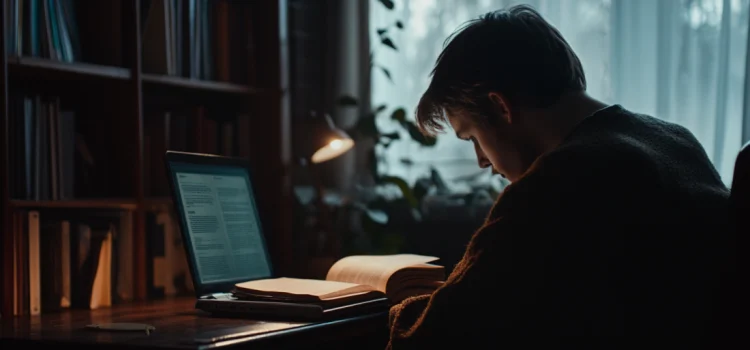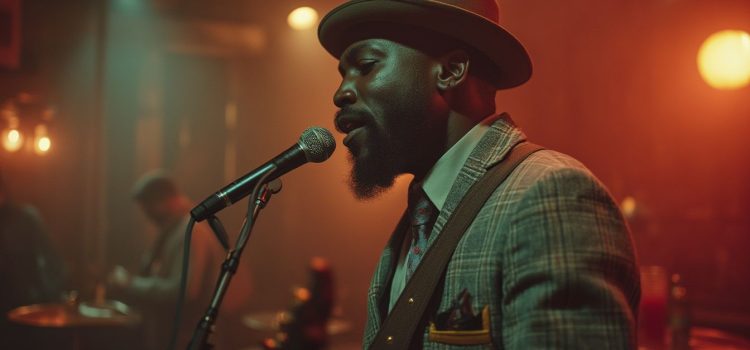Are billionaires ethical or are they manipulating the system? How do the opinions about billionaires differ on the left and right? The United States has the most billionaires in the world, with Elon Musk, Jeff Bezos, and Mark Zuckerberg at the top. With their expanding wealth and visibility over the past few years, billionaires are coming under more scrutiny. Here’s a look at the growth of billionaires, their influence, and opinions about them from all sides.
Are Billionaires Ethical? Opinions From Both Sides










